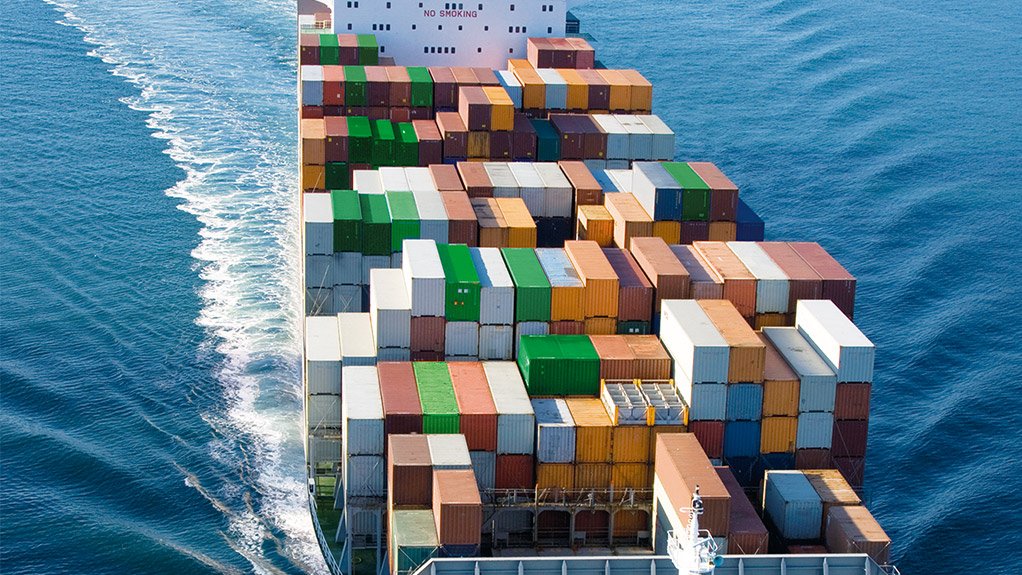Africa has registered some impressive progress in the shipping sector, United Nations Trade and Development (Unctad) has reported, in its 'Review of Maritime Transport 2024'. From the first half of 2018 to the equivalent period last year, port calls in Africa by container ships increased by 20%. This was a record increase for Africa.
The routes which saw the greatest increase were those that linked sub-Saharan Africa to other developing regions. These saw a rise of 9% last year, highlighting the development of South-South trade.
Port calls in Africa by tankers increased even more, over the first semester 2018 to first semester 2023 period. That number jumped 38%, which was also a record for the continent.
In terms of national registries of all types of merchant vessels, Liberia took the global top spot in 2022, displacing previous leader Panama. Liberia kept first place last year, being the place of registration for 17.3% of the global merchant fleet (Panama had 16.1%). Of the other African countries, in terms of deadweight tonnage (dwt), Cameroon ranked twenty-seventh and Nigeria, thirty-third. The latter country reached thirty-third spot after expanding its total registered dwt by 16.2%. (Dwt is a standard measurement used for merchant ships.)
Uunctad also highlighted that a number of African countries were pursuing opportunities presented by green hydrogen, some for their own energy needs, while others sought to develop hub ports, for the production, storage and transport of green hydrogen. Potential green hydrogen hubs or landing zones identified by the African Hydrogen Partnership were Djibouti, Egypt, Ethiopia, Ghana, Kenya, Mauritania, Morocco, Nigeria, Tanzania, Rwanda and South Africa.
Affecting shipping right now were the attacks on commercial vessels in the Red Sea, which started last November. This has hurt some African countries but benefitted others.
Several East African countries, that were very dependent on traffic through the Suez Canal, have suffered from trade disruptions. This was particularly the case for Djibouti, 31% of whose trade went through the Canal, and Sudan, for whom the equivalent figure was 34%. More widely, East African countries have suffered from shortages in perishable goods and in standard containers. Avocado, coffee and tea supply chains have been affected by longer cargo delivery times.
On the other hand, a number of other African countries have benefitted from both the diversion of commercial shipping away from the Red Sea and around the Cape of Good Hope, and the congestion at South African ports. These countries included Madagascar, Mauritius, Namibia and Tanzania.
More generally, African countries are seeking to improve their shipping capacity, trade connectivity and resilience. The means to achieve these ends includes stronger national development policies, improved maritime security cooperation with both African and non-African partners, connectivity- and sustainability-focused reforms at ports, capacity building, and regional anti-piracy information sharing and training.
African countries are also pursuing trade facilitation, to reduce transport times and costs. One example of this is the East African Community’s Single Customs Territory.
The acronym Unctad came from the organisation’s original name – the UN Conference for Trade and Development.
Edited by: Creamer Media Reporter
EMAIL THIS ARTICLE SAVE THIS ARTICLE
ARTICLE ENQUIRY
To subscribe email subscriptions@creamermedia.co.za or click here
To advertise email advertising@creamermedia.co.za or click here













